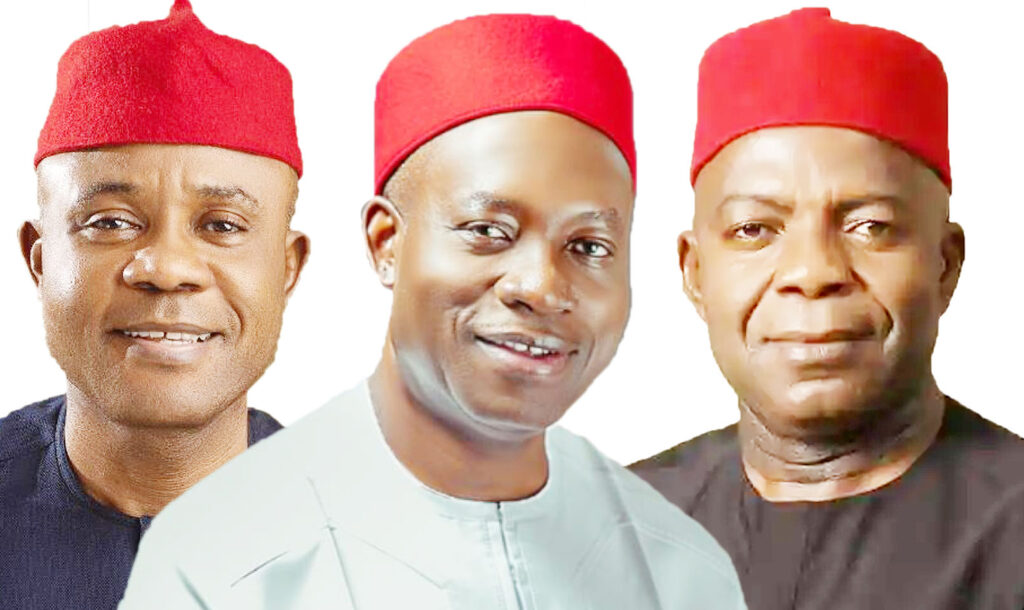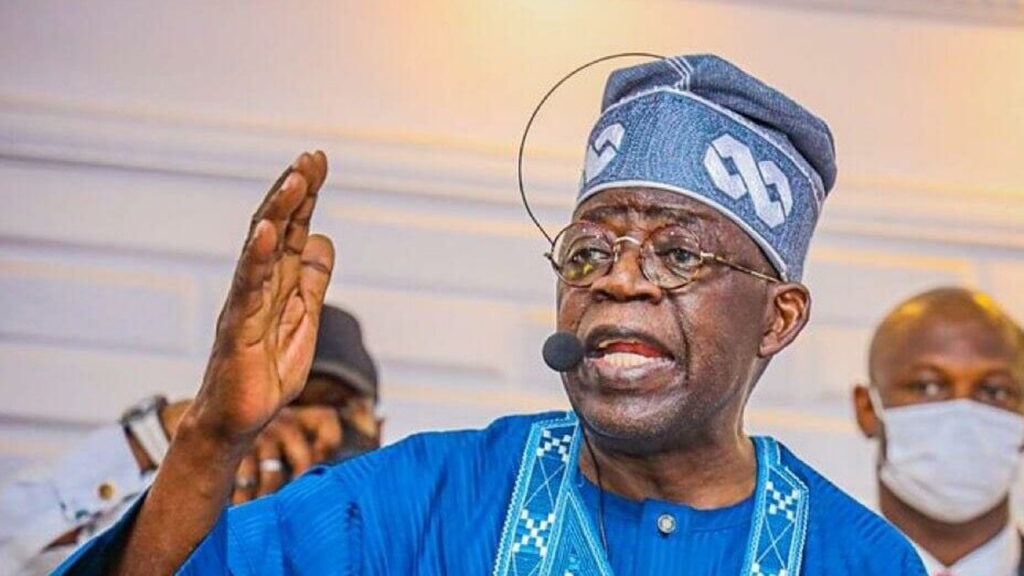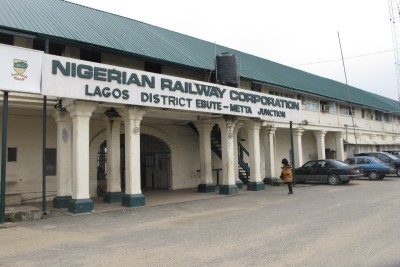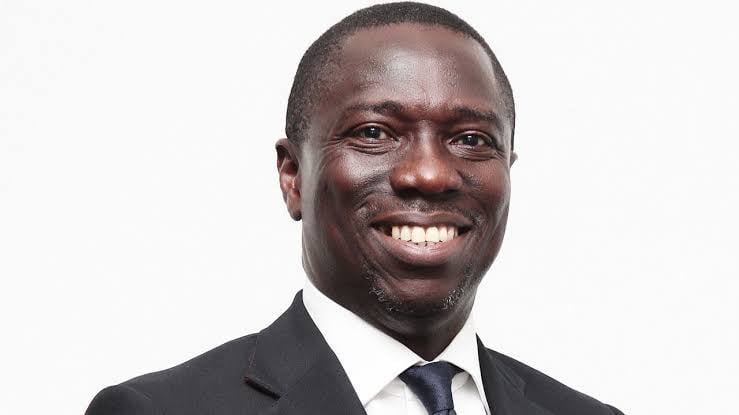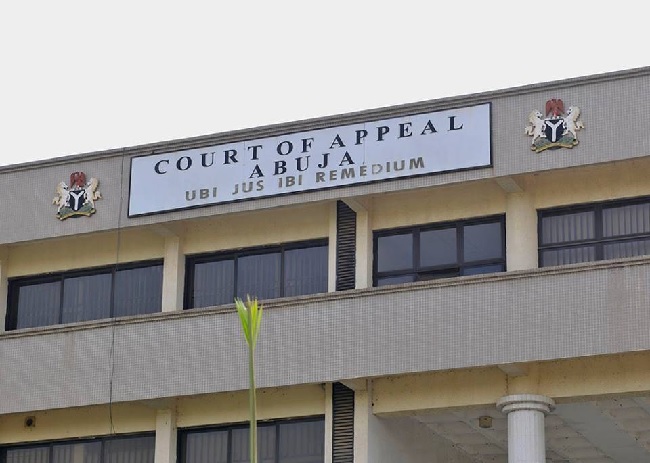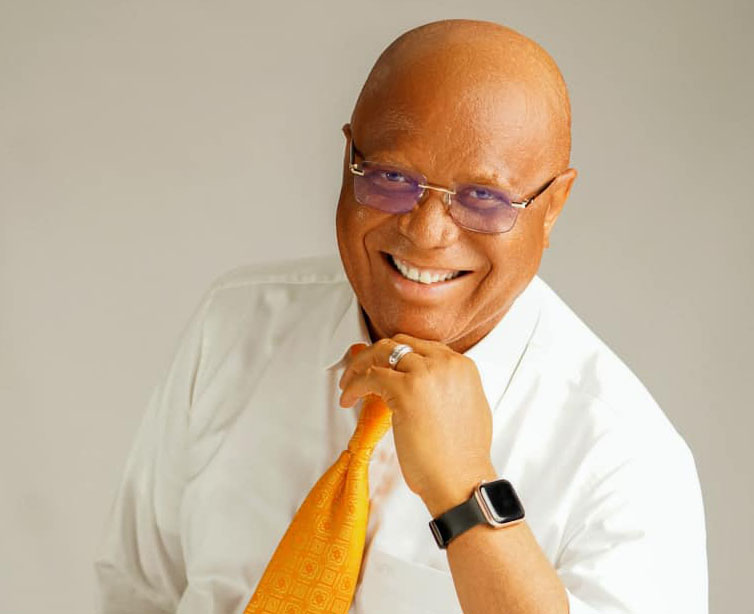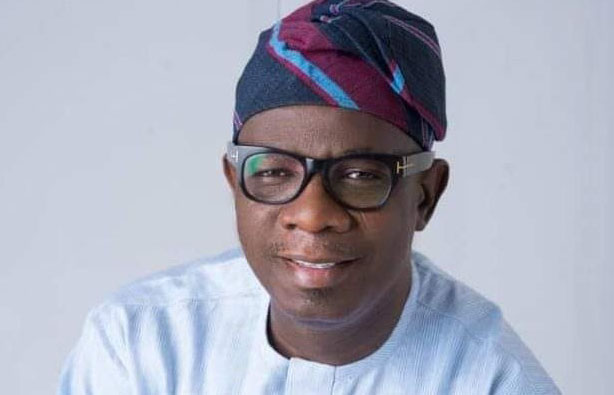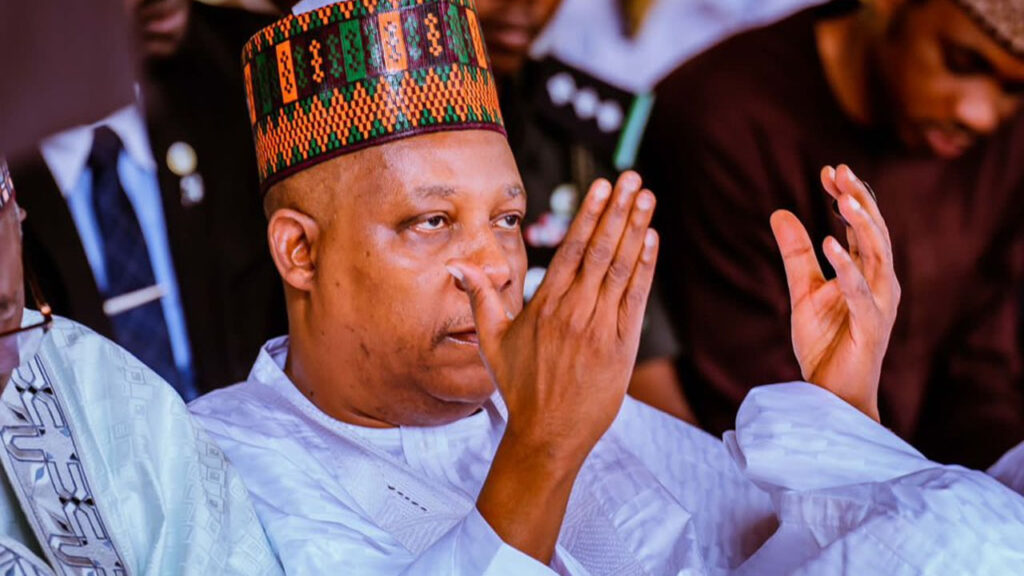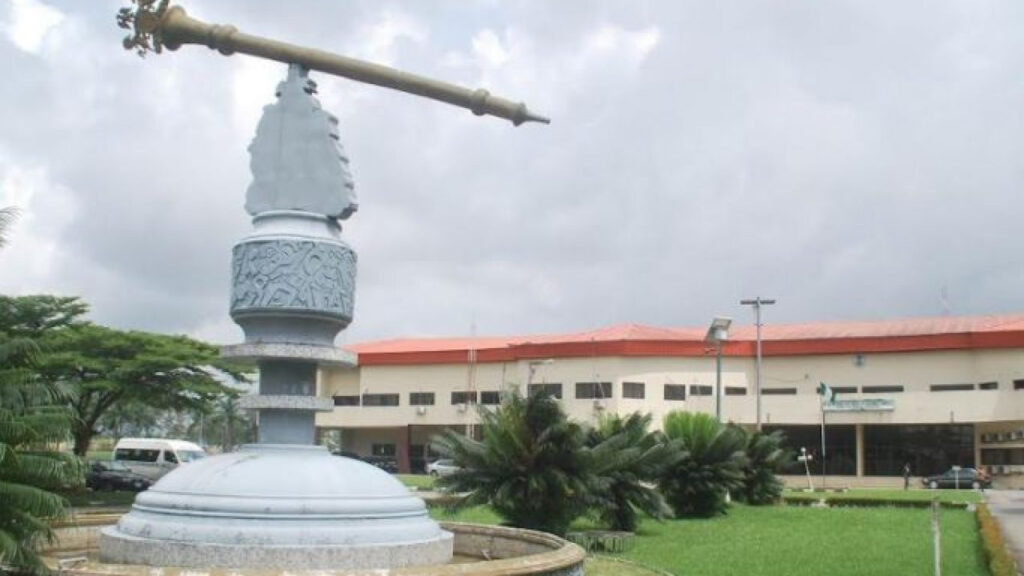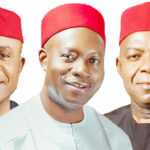
Conflict of interests among the Southeast governors has for long been partly blamed for the underdevelopment of the region. And this, again, played out in their lack of consensus on a common agenda going into the recent roundtable meeting with Vice President, Kashim Shettima, LAWRENCE NJOKU reports.
More than 24 years after the return of democracy in Nigeria, there are strong indications that the attitude of governors of the Southeast to governance, politics of divisibility, winner-takes-all syndrome, as well as survivalist tendencies have led to the underdevelopment of the geopolitical zone.
With the least number of the states in the country, the inability of the governors since 1999, to speak with one voice, galvanise an implementable blueprint and join forces with each other, has not only affected its economic expansion but also the development of its infrastructure.
Although the region is being primed as having one of the best viable areas for investment, poor infrastructure has remained part of its major challenge as their coming together under the aegis of Southeast Governors Forum since 1999 has helped to advance its growth.
With a population of over 22 million, data obtained by The Guardian revealed that the region remained the lowest in revenue and Value Added Tax (VAT) collection due largely to a lack of manufacturing and employment outfits.
While it is a fact that over N10 trillion legacy industries are rotting away in the region, no effort has been made to resuscitate them like their counterparts in the Western region, yet the forum of governors of the region has been in existence since 1999.
Sources indicated that the lack of continuity in governance, political differences, greed, and the quest to control politics share parts of the blame for the underdevelopment of the region. This is such that they have put their interest above the collective interest of the masses.
On Sunday, February 25, the Southeast governors were scheduled to meet in Enugu, which ought to be their first meeting this year. The meeting was to enable them to plan how to engage with the Vice President, Kashim Shettima, on the challenges unaffordable and erratic power supply pose on manufacturing and businesses in the region.
The Vice President was billed for Enugu to flag off the “Light Up Nigeria Programme”, a project of the federal government for the power sector, where he would also hold a business round table with the business community in the region.
Indeed, the absence of power is crippling the economy of the region and any opportunity to discuss peculiar problems it has posed on the people should be maximally utilised.
But against all odds, the governors abstained from their meeting as the meeting did not hold. Host governor, Peter Mbah was ready and had dutifully received his Anambra State counterpart, Prof. Chukwuma Soludo, who had arrived at the Enugu government house that Sunday.
Both men walked into the executive chamber hall, the venue arranged for the meeting to wait for the arrival of others. They waited to no avail as neither Imo governor, Hope Uzodimma, who is the chairman of Southeast Governors Forum; his Abia State counterpart, Alex Otti nor the Ebonyi State governor, Francis Nwifuru, showed up for the meeting. The meeting was therefore called off, thus making it impossible for the chief executives to articulate a position that could have been presented at the business round table with the Vice President.
When they were faced with the launch of the project and the business roundtable the next day, it was obvious from their cacophony of statements that something was missing. Their reluctance to a meeting before the business roundtable played up during the event as each of them took the stage to canvas personal views other than the collective views of their people. There was nothing to indicate from their speeches how they could leverage the initiative to help their people.
Mbah, who was the first to speak had seen the initiative as “aligning with his administration’s disruptive approach to governance underpinned by thinking outside the box” and urged industrialists of the region to fully key into it to remove any bottlenecks they faced regarding power availability.

Nwifuru stated that he does not believe in much “talking but action on how to solve the power challenge and make it affordable to the people.”
Soludo stated that removing electricity from the exclusive list to guarantee independent power generation to states was a way to solve the problem of power, asking however, that states should be allowed to mine the gas deposits in their domain.
On his part, Uzodimma observed that over 75 per cent of industries in the Southeast had shut down due to lack of power, stressing that there was a need for a comprehensive audit of the several billions of dollars spent by the federal government to provide regular electricity supply since 1999.
It was not the first time opportunities that could help the region were being treated with less seriousness. In fact, since 1999 and the composition of the forum by the first set of governors that won in the election, the Southeast Governors forum has continued to be ineffective as there is nothing on the ground to underscore its existence.
A paper establishing the forum stated that “it will offer various governors of the Southeast region the opportunity to pool ideas and resources together to confront common socio-economic challenges and undertake projects that will uplift the wellbeing of the people of the region.”
It would provide collaborating states opportunities for peer learning and synergistic pursuit of political, social and economic issues relevant to them, while socio-economic issues, which revolve around production, distribution and exchange, as well as security – the maintenance of law and order and safe custody of people and property were part of its policy thrust.
Decisions and resolutions of the governors anytime they managed to meet end at the point of their delivery to the press. In 2017, there was the resolve to set up a full-fledged secretariat at the old government lodge in Enugu “as the policy hub providing administrative, research and technical support to the Forum in carrying out its strategic objectives, it effectively engages partners and stakeholders.”
They had agreed that to make the secretariat function effectively, each state that made up the Forum would contribute to staffing. Enugu contributed the Director General, Ebonyi contributed the Director (Finance and Administration), Anambra contributed the Director of Media and Communication; Abia, Director of Projects and Imo, Deputy Director General.
The secretariat never came up at the old government lodge. It rather ended up at a section of the press unit in the government house, even as the staff was owed salary for several months.
They had in the past promised an integrated road network connecting the states; a monorail project to aid commerce and trade, a state-of-the-art specialist hospital, joint security network christened Ebubeagu that were not executed.
While the nonchalance has festered in the forum, the bitter quarrels among them have been extended to their states where projects and programmes of government are abandoned by successive governors.
Findings by The Guardian indicate that several uncompleted projects litter the region including roads, education, and healthcare facilities among others. Several millions of state resources that could have gone into other developments are today trapped in these ventures.
In Enugu for instance, lack of continuity and bitter quarrels of successive chief executives has led to the abandonment of multimillion naira projects such as the International Conference Centre, Medical Diagnostic Centre, as well as the N13.6 billion state secretariat complex. Several roads were started and left mid-way and have remained like that till now.

Time did not allow former governor Chimaroke Nnamani in 1999 to conclude the setting up of an international conference. His successors, Sullivan Chime and Ifeanyi Ugwuanyi did not talk to the project for the 16 years in which the duo ruled the state. The facility presently is in a decrepit state.
Same scenario played out in the new state secretariat complex, which Ugwuanyi inherited from Chime. Except for the twin buildings completed in the complex where some ministries were relocated, the other remaining complex has remained where Chime left them. The medical diagnostic centre was ninety percent ready when Chime left in 2015 and has remained so with some of its facilities now giving way.
It was the same scenario in Ebonyi where a 10-storey World Trade Centre that began in 1999 has not been completed more than 18 years later. The over N35 billion Ebonyi airport was commissioned without completion in April last year by the immediate past administration. It is not clear if the current government in the state has found the over N13 billion it requires to fix its runway for commencement of operations. There are so many water and healthcare projects abandoned.
There is a new government house complex that is as old as the current democratic experience in Anambra State that is left uncompleted and not in use even with all the money that has gone into it. Same as Abia State, where the immediate past government commissioned a new government that was not completed among several others. Many road projects have been abandoned in Imo State, after monies that could have improved the state were sunk into them.
Part of the challenge is that there is no continuity in governance. Some of these chief executives fell out with their predecessors the moment they won power and assumed office even when they were of the same political party.
The other is the penchant for running from one political party to another and serving the interests of a few political stakeholders against the collective will of those who elected the government.
A political scientist, Samuel Ikechukwu, noted that stakeholders’ role in the politics of the Southeast has to a large extent affected the development of the region, stressing that each governor had tended to satisfy their interest to the detriment of their people.
“I can confidently tell you that there is no way you can talk about how the governors have underdeveloped the Southeast without the role of the stakeholders. Aside from satisfying the stakeholders, who in some cases become godfathers, there is a penchant for primitive acquisition and looting that makes them lose focus.
“Some of them have awarded these jobs and have collected their percentage upfront even when they have not paid for the project. In some cases, the projects are used to retire money. It’s very unfortunate. If we have applied judiciously all that we have received as a people, we will have a better region than what we are experiencing at the moment,” he stated.

